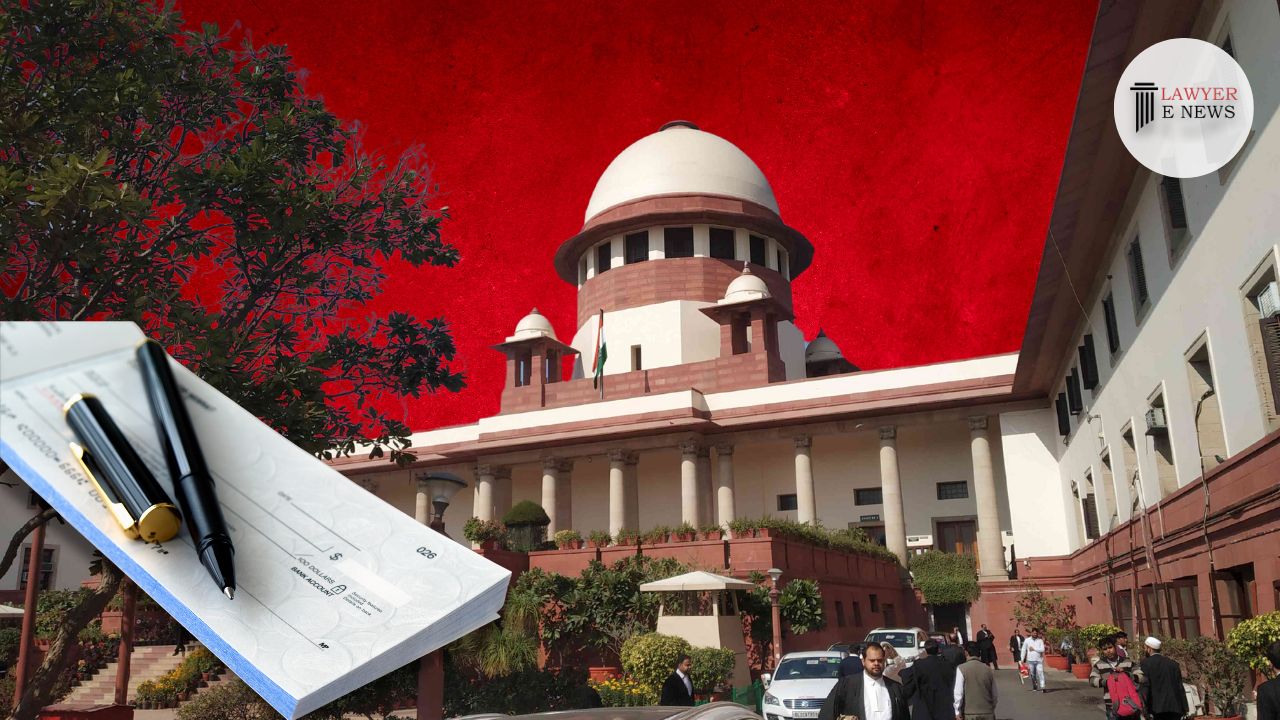-
by sayum
14 February 2026 2:22 PM



The Supreme Court overturns the High Court's decision, acquitting both police officers accused in the 1992 custodial death of Jeeva, citing inconsistencies in testimonies and lack of motive.
In a significant judgment, the Supreme Court has acquitted two police officers previously convicted in a high-profile custodial death case. The court cited unreliable witness testimonies and a lack of motive as primary reasons for overturning the lower courts' decisions. This ruling emphasizes the importance of credible and consistent evidence in criminal prosecutions.
The case involves the custodial death of Jeeva, who surrendered at the Amraiwadi Police Station in Ahmedabad on June 10, 1992. Jeeva, accompanied by his advocate and two sisters, was allegedly beaten by Police Inspector Vinod Jaswantray Vyas and Superintendent of Police Chinubhai Govindbhai Patel. He was found dead two days later, with multiple injuries suggesting severe physical assault.
The Supreme Court found significant inconsistencies in the testimonies of Jeeva's sisters, Selvin Prabhakar (PW-1) and Dhanlakshmi Vaiyapuri (PW-2). While both claimed to have witnessed the assaults, their narratives contained contradictions regarding the sequence of events and the specifics of the assault.
"If at all PW-1 and PW-2 had themselves seen the victim being beaten up, there was no occasion for PW-1 to put a question to Jeeva as to why he was weeping or as to the manner in which he had been beaten up," noted the court.
The court also questioned the motive attributed to the accused. The prosecution's claim that Jeeva's criminal antecedents and the officers' desire to extract confessions could have led to the assault was found unconvincing. The court observed that Jeeva was known to have been involved in several criminal cases, but no specific reason was provided for why the officers would target him so violently while sparing his co-accused.
Medical evidence played a crucial role in the acquittal. The Medical Jurist (PW-9) who conducted the postmortem examination stated that the injuries were fresh and likely inflicted within six to eight hours of Jeeva's death. This contradicted the prosecution's timeline and the witnesses' accounts. Additionally, the court found it implausible that Jeeva, with such severe injuries, could have climbed five flights of stairs to meet the DCP, as the witnesses claimed.
The judgment highlighted the importance of reliable evidence and the improbability of the prosecution's theory. The court stated, "Considering the unimpeachable and strong opinion of the Medical Jurist, the probability of the victim having been assaulted in Sabarmati Central jail leading to the fatal injuries noted in the postmortem report is much higher as compared to the theory set up in the complaint and the evidence of the star prosecution witness that Jeeva was fatally assaulted by A1 and A2 while he was detained at the Amraiwadi Police Station."
Justice Mehta remarked, "If at all, Jeeva(deceased) was having the large number of injuries as noted in the postmortem report, the prison authorities would definitely have made a note thereof in the jail records at the time of his admission in the jail premises and the observations made at that time would be crucial for arriving at the truth of the matter."
The Supreme Court's decision to acquit the accused underscores the judiciary's commitment to upholding justice based on credible evidence. This ruling serves as a critical reminder of the need for thorough and consistent evidence in prosecuting custodial violence cases. The acquittal not only impacts the immediate case but also sets a precedent for future cases, emphasizing the scrutiny required in evaluating witness testimonies and medical evidence.
Date of Decision: July 9, 2024
Vinod Jaswantray Vyas (Deceased) Through LRs vs. The State of Gujarat
